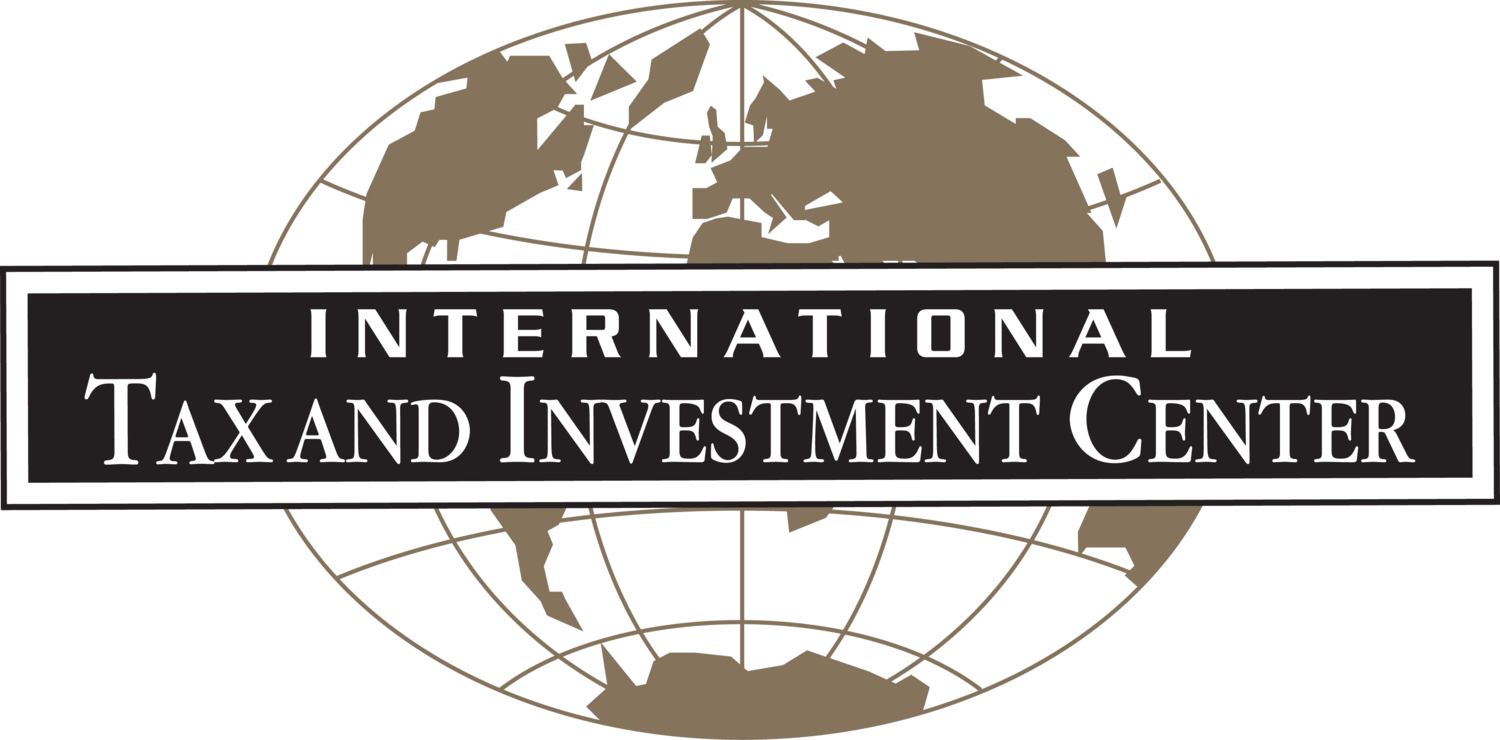Last week, I was honored to participate in the Eurasian Week Forum, an annual event aimed at the development of the Eurasian Economic Union’s (EAEU) economy, investment and export potential, during my visit to Astana, Kazakhstan for EXPO-2017. The Forum served as an effective platform for developing business-to-business contacts, discussing tools and conditions for business development in the EAEU, and elaborating the strategy of EAEU economic development in the context of global challenges.
IMF Releases Regional Economic Outlook for Sub-Saharan Africa
On 10 May, the IMF released its Sub-Saharan Africa economic outlook, Restarting the Growth Engine. The report is available (in English and French) on the IMF’s website. The report features a comprehensive examination of the informal sector in Sub-Saharan Africa, with the IMF estimating that the informal sector contributes 25%-65% of GDP and 30%-90% of nonagricultural employment. From a domestic revenue mobilization perspective, this significant portion of Sub-Saharan African economies represents potential budget revenues. Institutional challenges remain, however, when it comes to encouraging the conversion of the informal sector into the formal sector. A large tax burden and overly cumbersome compliance requirements are likely to have the paradoxical effect of encouraging economic activity to remain in the informal sector. The transformation of digital technologies and services in many Sub-Saharan Africa economies presents opportunities for converting the informal sector, while not creating onerous tax or administrative compliance burdens.
These topics will be further explored as technical sessions in ITIC’s Africa Tax Dialogue later this year, including examination of successful country case studies.
Dan Witt is President of the International Tax and Investment Center (ITIC).
IMF/World Bank Meetings Focus on “Growth-Friendly Fiscal Policy”
The mood at last weekend’s IMF and World Bank Spring Meetings was the most optimistic since the global financial crisis of 2008-2009, as evidenced by the communiqué issued by the IMF’s Governing Board: “The global economic recovery is gaining momentum, commodity prices have firmed up, and deflation risks are receding.” Nevertheless, there are concerns that political and policy uncertainties (often citing the U.S. and EU) pose risks to improving growth. Concerns were also expressed by government officials, IMF senior representatives and civil society groups about “those who have been left behind” and have not benefited from global economic integration and technological progress.
Daniel Witt Interviewed by Khabar TV
ITIC President Daniel Witt discusses economic reform in Kazakhstan with Khabar TV.
More information is available on http://24.kz/ru/news/poslanie/item/163971-prodolzhaet-idti-vpered
ITIC President Interviewed by Kazakh TV
ITIC President Daniel Witt talks about President Nazarbayev's recently announced Kazakh constitutional reforms. Click here for more information.


